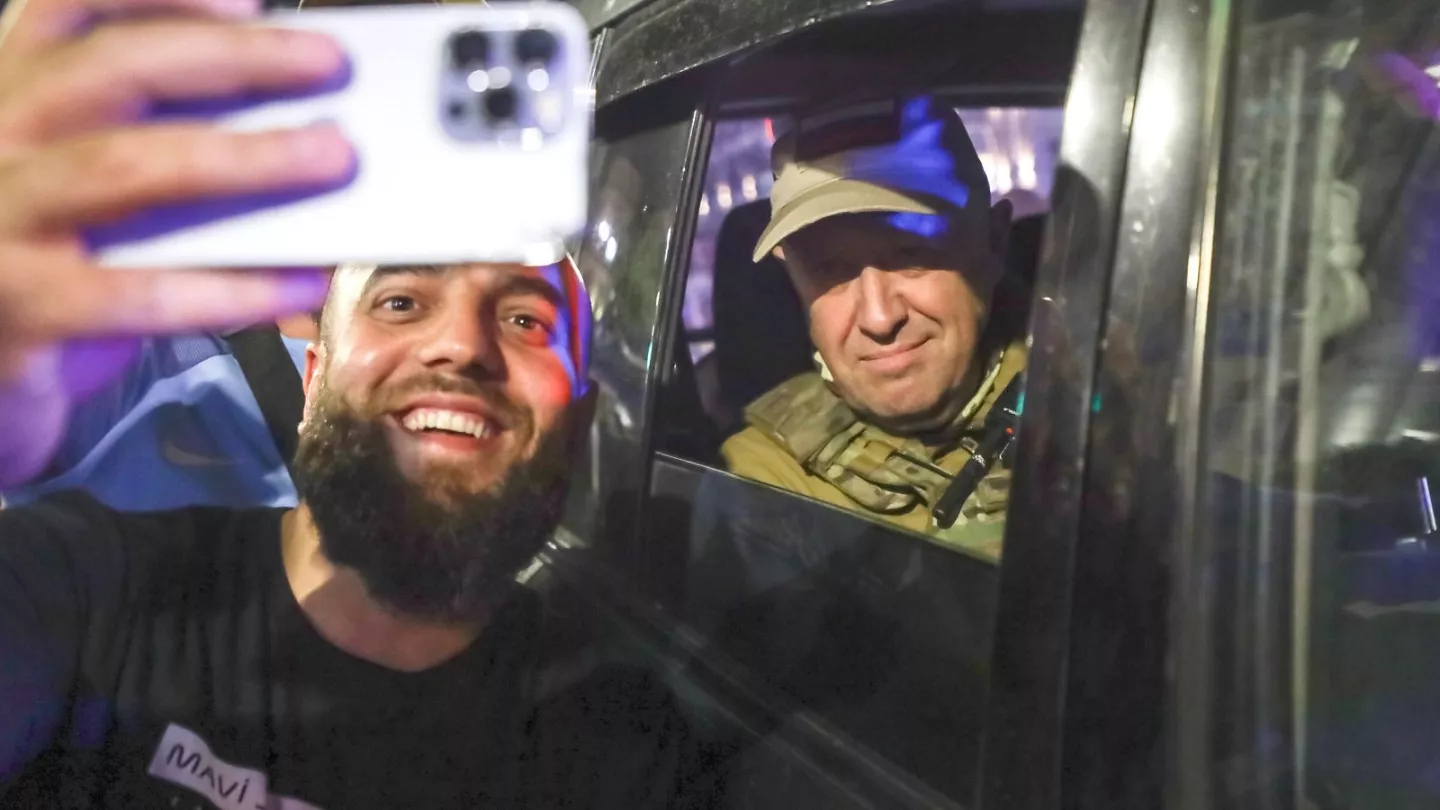A community of money has been located selling Russia’s Wagner mercenary institution to hundreds of thousands of followers, months after Meta (formerly known as Facebook) vowed to remove content glorifying the group. The Institute for Strategic Dialogue (ISD) posted a document revealing over one hundred ten pro-Wagner bills running in more than one language throughout Meta’s platforms. Despite Meta’s policy against dangerous organizations, these accounts persistently promote the Wagner group, highlighting challenges in content moderation and brand safety.
Continued Presence of Pro-Wagner Content
The ISD report discovered that over 110 pro-Wagner accounts were active on Meta’s platforms, spreading content praising or supporting the mercenary group. Many of these accounts called for recruits, featured graphic violence imagery, or expressed admiration For the Wagner group, which the Biden management has classified a transnational crook organization. Although there may be no direct proof linking those money owed to the group, they frequently posed because the organization, probably violating Meta’s terms.
Meta’s Response and Challenges
The report raises concerns about the effectiveness of Meta’s content moderation and brand safety measures. Despite Meta’s algorithmic recommendations promoting pro-Wagner pages and groups, the platform states that The Wagner organization isn’t always accepted to have a presence on its platforms. Meta indicated that it frequently eliminates property with clean ties to the organization. However, the report highlights that pro-Wagner content remains, raising questions about Meta’s ability to prevent users from discovering material that glorifies the group.
Wagner Group and Information Operations
While it is unclear if they were directly behind the accounts, Yevgeny Prigozhin, Wagner’s chief, has been associated with exploiting social media for information operations. Prigozhin admitted to founding the Internet Research Agency, a “troll farm” that has been sanctioned for interfering in US elections. Despite Meta’s dangerous organizations policy, Wagner content persists, potentially due to its connection with third-party supporters and adherents rather than direct group content.
Challenges in Content Moderation
The report highlights the challenges platforms like Meta face in content moderation, especially when dealing with dangerous organizations and their supporters. The existence of pro-Wagner content despite a ban underscores the difficulty of preventing such content from circulating on social media. The report also suggests that platforms need to enhance their detection and removal mechanisms to effectively combat such violations.
Conclusion
The continued presence of pro-Wagner content on Meta’s platforms despite the ban reveals the complexities of content moderation and brand safety on social media. The report emphasizes the need for platforms to strengthen their measures to prevent the spread of content that glorifies dangerous organizations. As social media platforms like Meta grapple with these challenges, their ability to effectively address and prevent such violations will significantly impact user trust and advertiser confidence.



